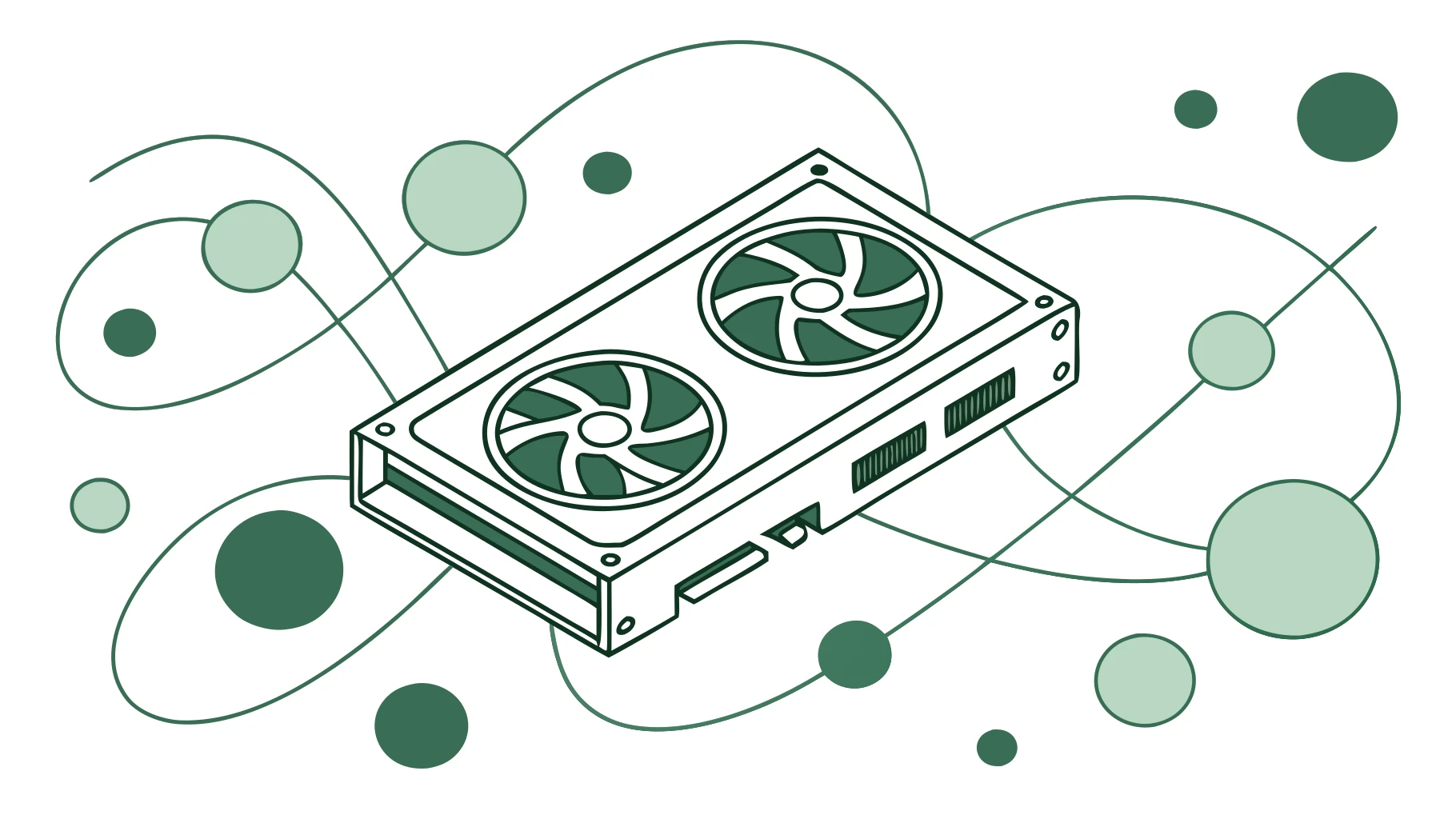Kubernetes
Kubernetes (K8s) is the industry-standard platform for orchestrating containerized applications at scale. Originally developed by Google and open-sourced in 2014, Kubernetes automates the deployment, scaling, and operations of application containers across clusters of hosts. It has become essential for modern cloud-native applications, microservices architectures, and production AI/ML systems, providing features like auto-scaling, self-healing, load balancing, and rolling updates.

What is Kubernetes?
Kubernetes is an open-source container orchestration system that automates the deployment, scaling, and management of containerized applications. Born from Google's internal Borg system, Kubernetes (Greek for 'helmsman') provides a framework for running distributed systems resiliently. It handles the scheduling of containers across a cluster of machines, manages workload placement, scales applications based on demand, and ensures applications remain healthy through self-healing mechanisms. Kubernetes has become the de facto standard for container orchestration, with adoption by every major cloud provider and millions of production deployments worldwide.
At its core, Kubernetes manages Pods (groups of one or more containers), Deployments (declarative updates for Pods), Services (networking abstraction for accessing Pods), and persistent storage. It abstracts away the underlying infrastructure, allowing applications to run consistently across on-premises datacenters, public clouds (AWS, Azure, GCP), and hybrid environments. For AI/ML workloads, Kubernetes enables distributed training across GPU clusters, serves inference endpoints with auto-scaling, and orchestrates complex ML pipelines from data preprocessing to model deployment.
Core Components and Architecture
Kubernetes Objects
- Pods - Smallest deployable units containing one or more containers
- Deployments - Declarative updates and rollbacks for Pods
- Services - Stable networking endpoints for accessing Pods
- StatefulSets - Manage stateful applications with persistent identity
- DaemonSets - Ensure all nodes run a copy of a Pod (logging, monitoring)
- Jobs/CronJobs - Run batch tasks and scheduled workloads
- ConfigMaps/Secrets - Manage configuration and sensitive data
- Persistent Volumes - Storage abstraction for stateful workloads
Key Features
- Auto-scaling - Horizontal Pod Autoscaler (HPA) scales based on metrics
- Self-healing - Automatically restarts failed containers and replaces Pods
- Load balancing - Distributes traffic across Pod replicas
- Rolling updates - Zero-downtime deployments with automatic rollback
- Service discovery - DNS-based discovery for internal services
- Storage orchestration - Automatically mount local, cloud, or network storage
- Resource management - CPU/memory requests and limits per container
- Multi-tenancy - Namespaces for isolating workloads and teams
Kubernetes for AI/ML Workloads
Kubernetes has become critical for production AI/ML systems:
- GPU scheduling with NVIDIA GPU Operator and device plugins
- Distributed training across multi-GPU/multi-node clusters
- Model serving with auto-scaling inference endpoints (KServe, Seldon)
- ML pipeline orchestration (Kubeflow, Argo Workflows)
- Jupyter notebook deployments for data science teams
- Experiment tracking and model registry integration
- Resource quotas for fair GPU allocation across teams
- Batch job scheduling for training and hyperparameter tuning
Use Cases and Applications
- Microservices orchestration - Deploy and manage distributed applications
- CI/CD pipelines - Automated build, test, and deployment workflows
- ML model serving - Production inference with auto-scaling
- Distributed training - Multi-GPU model training across nodes
- Multi-cloud deployments - Consistent app behavior across cloud providers
- Hybrid cloud - Span workloads across on-prem and public cloud
- Edge computing - Deploy to edge locations with K3s/lightweight K8s
- Data processing - Run Spark, Kafka, Elasticsearch on Kubernetes
- Stateful applications - Databases, message queues with StatefulSets
- Batch analytics - Schedule data processing jobs with CronJobs
Kubernetes Ecosystem and Tools
Kubernetes has a vast ecosystem of tools and extensions:
- Helm - Package manager for Kubernetes applications
- Kubeflow - ML toolkit for deploying ML workflows on Kubernetes
- Istio - Service mesh for advanced traffic management and security
- Prometheus - Monitoring and alerting for Kubernetes clusters
- ArgoCD - GitOps continuous delivery for Kubernetes
- Cert-manager - Automatic TLS certificate management
- Ingress controllers - NGINX, Traefik for HTTP(S) routing
- KServe - Model serving platform for ML inference
Getting Started with Kubernetes
Start learning Kubernetes with local development tools. Install Minikube (single-node cluster) or Docker Desktop with Kubernetes enabled. Use kubectl (the command-line tool) to interact with clusters. Deploy your first app with `kubectl create deployment nginx --image=nginx`, expose it with `kubectl expose deployment nginx --port=80 --type=LoadBalancer`, and view Pods with `kubectl get pods`. Learn Kubernetes concepts through official tutorials at kubernetes.io/docs/tutorials.
For production, choose a managed Kubernetes service (GKE, EKS, AKS) or deploy yourself with kubeadm. Use Helm charts for complex applications rather than raw YAML. Implement monitoring with Prometheus and logging with Fluentd/ELK stack. For AI/ML workloads, install NVIDIA GPU Operator for GPU support, deploy Kubeflow for ML pipelines, or use KServe for model serving. Kubernetes documentation and CNCF training provide comprehensive resources for production deployments.
Integration with 21medien Services
21medien uses Kubernetes as the foundation for deploying client AI applications at scale. We design and implement production-grade Kubernetes clusters optimized for ML workloads, configure GPU scheduling for distributed training, and deploy auto-scaling inference services. Our team provides Kubernetes consulting, architecture design, migration services (Docker Compose to Kubernetes), and managed Kubernetes operations. We specialize in Kubeflow for ML pipelines, GPU cluster optimization, and cost-effective resource management for AI workloads across cloud providers.
Pricing and Access
Kubernetes itself is free and open-source. Costs come from infrastructure and optional managed services. Managed Kubernetes services: GKE (Google), EKS (Amazon), AKS (Azure) charge ~$0.10/hour for control plane plus compute costs for worker nodes. Self-managed Kubernetes has no licensing cost but requires operational expertise. Worker node costs vary: CPU-only nodes $0.05-0.50/hour, GPU nodes $0.60-8/hour depending on GPU type. For AI workloads, factor in storage (persistent volumes ~$0.10-0.20/GB-month), networking (load balancers ~$20/month), and monitoring tools. Production clusters typically cost $500-5000/month depending on scale, with GPU-heavy ML clusters ranging $2000-50,000/month.